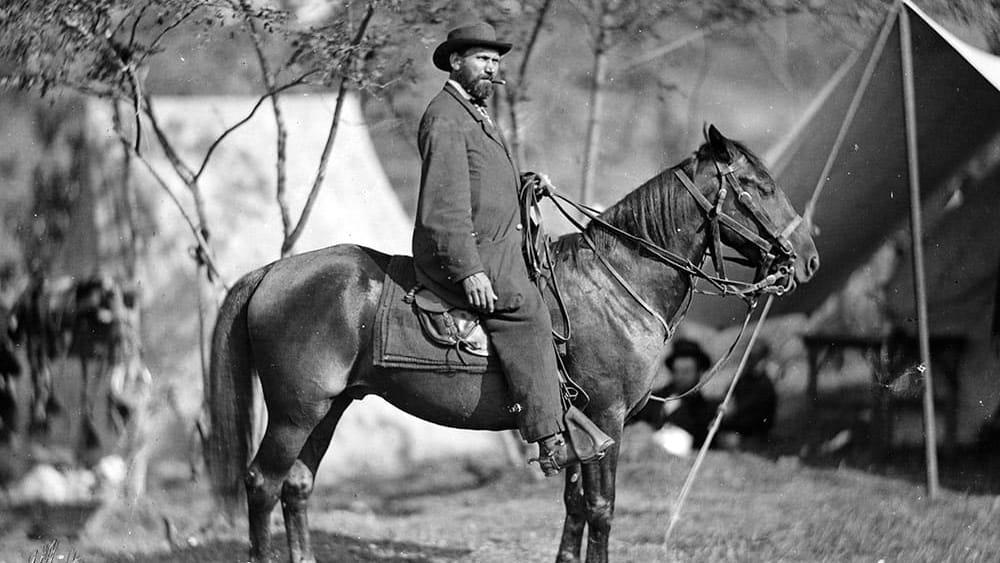In its proper standardized form, the world of private security and investigation traces its roots back to the early 17th century in England. It began with the emergence of Parish Constables in London and other cities. However, it wasn’t until the advent of Allan Pinkerton and his detective agency in Chicago in 1850 that private investigation took on a more formalized structure. This marked the beginning of the institutionalization of personal security and detective work.
Allan Pinkerton: The Pioneer Detective
Born in Scotland, Allan Pinkerton emigrated to the United States after his father, a police officer, died while Allan was still a young boy. After serving as a deputy sheriff in Kane County, Illinois, for four years, Pinkerton was appointed deputy sheriff in Cook County, Chicago. Later, he became a special agent for the U.S. Postal Department and eventually Chicago’s first and only police detective. It was his departure from the police force and the establishment of the first private detective agency that marked a significant turning point in the history of private investigation.
From Detecting to Protecting
Pinkerton’s detective agency specialized in investigative services and security for railroads and industrial organizations. During the Civil War, Pinkerton and his agents organized an intelligence and counter-espionage system for the Union. After the war, Pinkerton returned to private security, and due to the limited jurisdiction of most law enforcement agencies, his agency became one of the few with substantial state authority. In 1889, Brink Incorporated formed an agency to protect property and money. In 1909, William J. Burns Inc. established a private detective agency, becoming the investigative arm of the American Bankers Association. Even today, Pinkerton, Brinks, and Burns companies continue to operate in the market.
Private Railway Police: Precursors to Modern Corporate Security
Simultaneously, with the founding and growth of these detective agencies, various railway unions gained political influence. As a result, state structures passed the “Railroad Police Act,” allowing railways to establish their security forces with full police powers. By 1914, there were over 12,000 railway police officers in the United States. This act was the precursor to what we now term “corporate security.”
Allan Pinkerton: The Man Behind the Legend
Allan Pinkerton, born in Glasgow, Scotland, on August 25, 1819, was the son of a weaver and an occasional police officer. His father passed away when Allan was just eight years old. He left school and worked as an apprentice weaver for a meager daily wage of one penny. In his early twenties, Pinkerton became active in the labor movement, advocating for parliamentary reform in Britain. His radical views, eloquent speeches, and advocacy for civil disobedience led to a warrant for arrest. Sensing the imminent threat, Allan married his girlfriend, packed his bags, and immigrated to America in 1842.
After arriving in the United States, he worked as a cooper in Dundee, Illinois, located northwest of Chicago. In his early years in America, Allan uncovered a group of counterfeiters and even participated in the arrest of a suspected swindler. Recognizing his detective talents, the Cook County Sheriff invited Allan to become his deputy in Chicago.
Allan left his corporate job, and within a year, he became Chicago’s first permanent detective. In 1850, he left his government position and established his private detective agency. Pinkerton’s National Detective Agency quickly gained popularity, initially within the Chicago region but soon attracting clients from all over the country, seeking the services of the renowned detective.
During the mid-1850s, as Pinkerton opened his agency, several business people recognized the need for better employee control. Their solution was to sponsor a private detective system. In February 1855, after consultations with the heads of six Midwestern railroads, Pinkerton signed several lucrative contracts and opened such an agency in Chicago. This decision was influenced by the circumstances of the time: most local police forces were understaffed, underpaid, and often corrupt. They were not prepared to pursue dangerous criminals, especially those who had crossed their jurisdictional boundaries.
In the years following the Civil War, Allan Pinkerton established an extensive network of influential contacts, primarily among Northern leaders. This secured his strong influence in the post-war era.
Private Detectives and the Birth of Criminal Profiling
Some of these historical facts about the birth of private detective work and investigative tasks lay the foundation for understanding today’s private investigators’ capabilities and extensive roles.
As we delve into the intriguing history of private detective work, it becomes evident that this profession has evolved significantly. Our extensive network of partners complements this evolution by providing a wide array of services meticulously designed to tackle the unique challenges of each case. Much like the detectives of old who adapted to the ever-changing landscapes of crime, we, too, adjust and tailor our services to fit your needs. So, don’t hesitate to seek our guidance; together, we’ll navigate the complexities of your situation just as detectives have guided through history.
[1] For more details, see Part III, “Private Security in the USA,” p. 111. [2] Sigmund A. Lavine, “Allan Pinkerton – America’s First Private Eye,” NY: Dodd, Mead & Co., 1963, p. 12.
